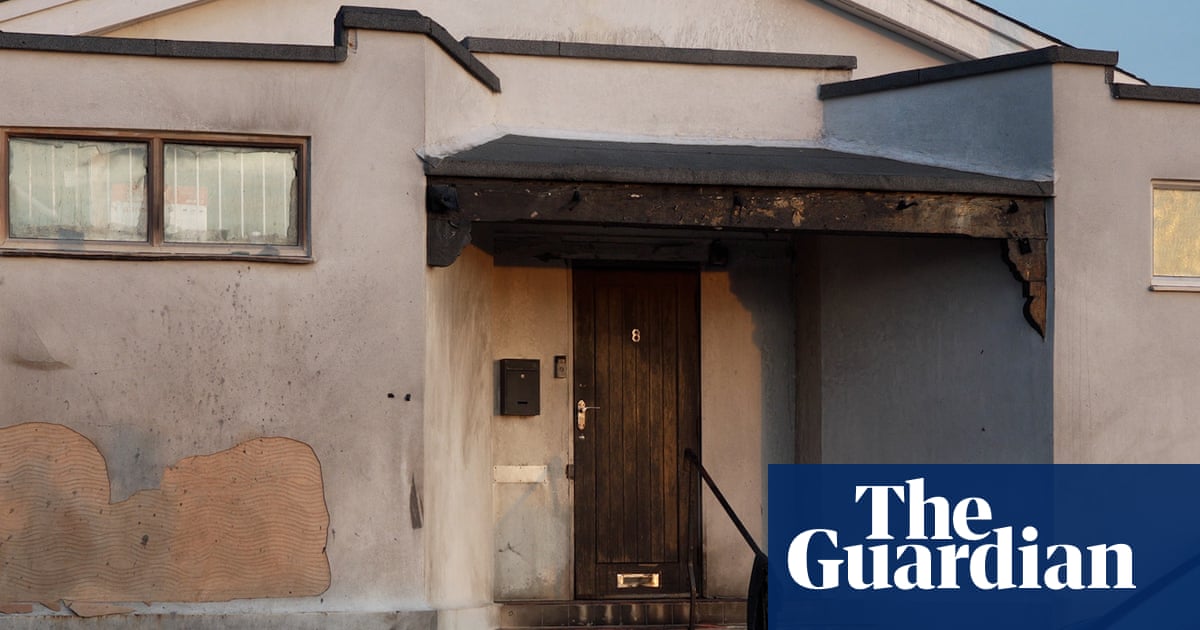The number of people hunting for jobs in Britain surged in June at the fastest rate since the height of the Covid pandemic, industry figures show, amid growing business fears over tax rises and the economic outlook.
The snapshot from the Recruitment and Employment Confederation (REC) and the accountancy firm KPMG showed the number of new candidates looking for work rose at the sharpest rate since November 2020, when the UK entered the second nationwide lockdown.
The trade body representing Britain’s recruitment industry blamed the “scar tissue” left by tax rises introduced in April by the government, including a £25bn increase in employer national insurance contributions (NICs).
In a survey of 400 UK recruitment and employment consultancies, the REC found that permanent placements had dropped at the fastest pace in 22 months, alongside weaker levels of pay growth and reports of redundancies and reduced appetite for staff.
The chancellor, Rachel Reeves, is under pressure to reboot Britain’s economy after output unexpectedly shrank for a second consecutive month in May, fuelled by a downturn in construction and manufacturing.
Labour’s growth plans are under the microscope amid mounting speculation over the need for large tax rises in the autumn budget, after Keir Starmer’s high-stakes welfare U-turn on disability benefits earlier this month.
While ministers have warned of “financial consequences” after the backtracking, company bosses say a fresh round of tax rises would add to the pressure on businesses already struggling with global uncertainty from Donald Trump’s trade wars.
Jon Holt, group chief executive and UK senior partner at KPMG, said ongoing geopolitical turbulence and the threat of rising employment costs was resulting in a “wait and see” approach among employers.
“As we head into the second half of the year, global headwinds will continue to impact the overall economic outlook, but clear priorities set out in the industrial and trade strategies and growth in the services sector should provide some of that confidence business leaders need to start planning future investments and to consider their hiring activities.”
The latest snapshot showed the retail sector had recorded the steepest reduction in demand for permanent staff across eight job categories monitored by the REC survey. The only sectors to record a rise in vacancies were construction and engineering.
The rise in the number of available candidates for jobs, tighter company budgets and weakness in hiring demand hit pay growth in June, with starting salaries and temp wages rising only modestly.
after newsletter promotion
Official jobs market figures show unemployment rose to 4.6% in the three months to April, up from 4.5% in the previous three-month period, to reach the highest level since July 2021. The latest snapshot covering the three months to May is due to be published on Thursday.
Separate HMRC figures show more than 250,000 jobs have been lost in the UK since Reeves’s autumn budget.
Neil Carberry, chief executive of the REC, said: “Much of that [hiring] hesitation stems from the scar tissue left by the spring tax hikes and fear of further business tax rises.
“But underlying this, there are some signs of improving demand. Temporary vacancies, especially in the private sector, are resilient. And we are seeing more sectors adding vacancies in construction, logistics, engineering and healthcare. There is potential out there – if businesses are given a clear run at doing what they do best.”

 3 months ago
55
3 months ago
55

















































